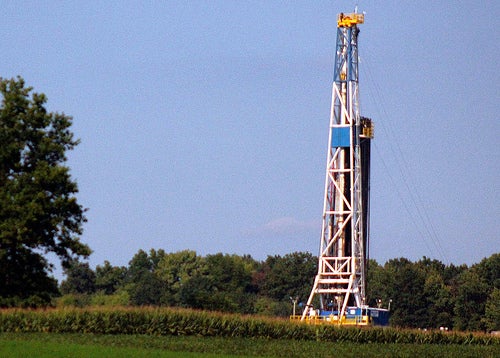This commentary originally appeared on our EDF Voices blog.
Given the widespread press coverage of the release of the University of Texas methane emissions study, we shouldn’t be surprised that Jack Gerard, CEO of the American Petroleum Institute (API) is spinning a false story about its results. In an email to leaders in Congress, Gerard tells them that there’s nothing to worry about. Methane pollution from gas production is low and getting lower. Wrong.
What the study really said is that technology to reduce methane pollution in the transition from drilling a well to full scale production can be very effective at reducing methane emissions when it is deployed – emphasis on when. This is one of the important points Gerard misses, as no national accounting exists to show U.S. producers currently use these methods as a matter of widespread industry practice.
Gerard also conveniently did not tell Congress that the low wellhead emissions detected by the study are the result of EPA regulations adopted last year – rules API lobbied hard to weaken. Gerard further did not explain to Congress that these regulations don’t apply to all unconventional gas production today. Meaning the UT study is not an example to of “problem solved, we can all go home.” Read More













